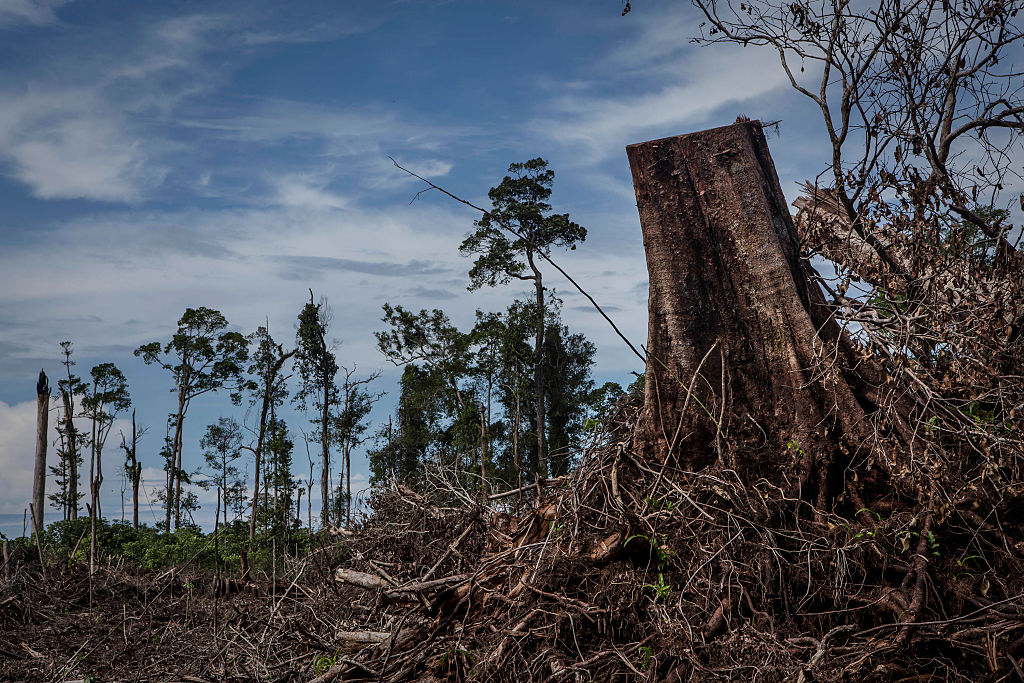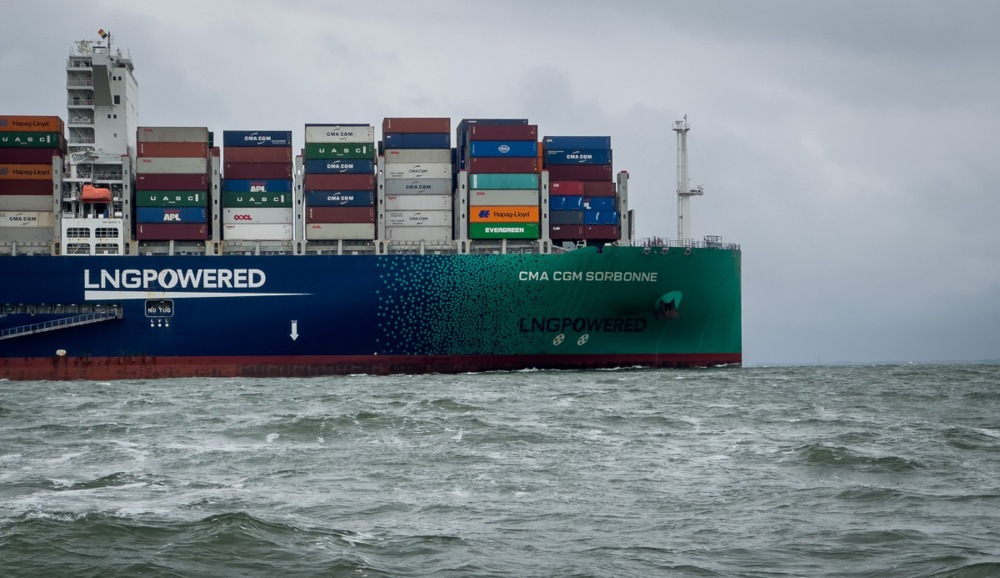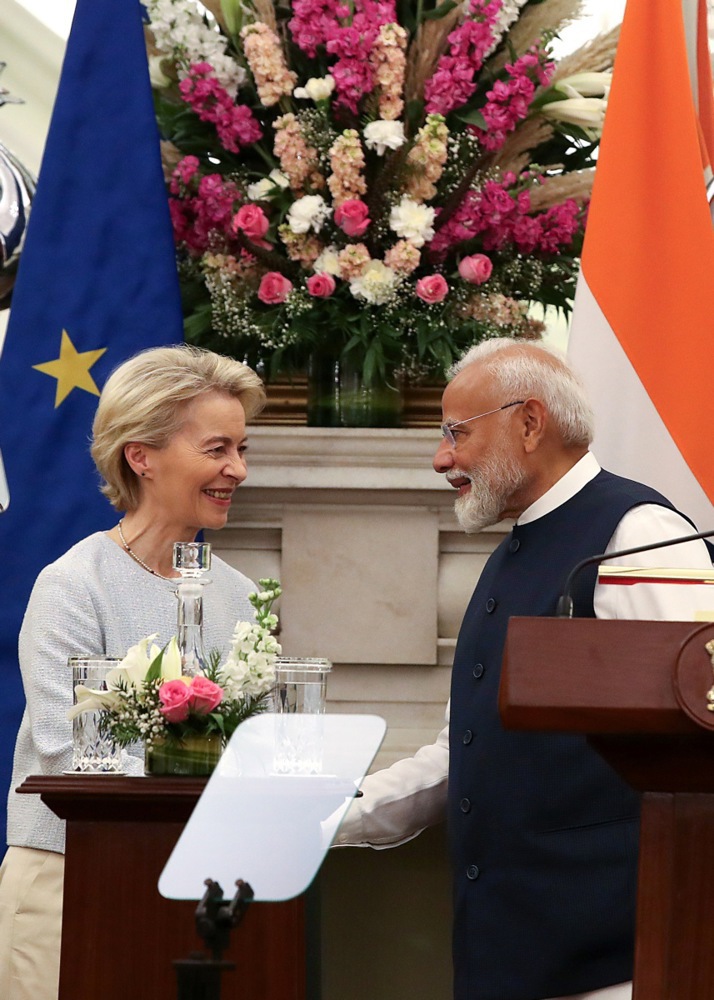France, once the steady top performer of the eurozone, has fallen behind.
Business sentiment dropped again in June, with key indicators confirming what has been clear for months: No sector of the economy was pulling its weight and no rebound was in sight.
At the same time, divisions have emerged within the European Union over how to respond to growing trade tensions with Washington, adding further uncertainty for French companies.
Growth forecasts for France were now below those of its neighbours. Household spending remained muted despite falling inflation. Companies have been postponing investment, citing high interest rates, tax pressure and lingering uncertainty, Reuters reported on June 23.
Unemployment was stable but the country was running out of momentum, according to a recent ING bank report.
France’s composite PMI fell to 48.5 in June, dragged down by weak readings in both manufacturing (47.8) and services (48.7). The overall business climate index remained flat at 96, below its long-term average.
Construction sentiment worsened, while inventories rose and order books shrank, pointing to a continued slowdown.
What has changed is the context. Other countries in Europe, especially Germany and the Netherlands, have benefited from strong export flows to the US in the first quarter.
France did not and, as trade tensions re-emerge with Washington, the gap has been widening.
“US imports of European goods spiked early this year,” Peter Vanden Houte, chief economist at ING Belgium told Brussels Signal.
“American companies rushed to build up inventories ahead of possible tariffs”. That front-loading effect reversed quickly, and French exporters were never part of that initial wave.

Industrial production across Europe was now declining again. “It’s going down in volume, so it’s not about inflation,” Vanden Houte said.
It was, he said, a sign of demand weakness and France was seeing this more acutely, the most recent ING report highlighted.
At the same time, European policymakers were under increasing pressure to respond to Washington’s threats of new trade restrictions.
Meanwhile, Brussels has been negotiating what it called a “reciprocal trade agreement” with the US but the content remained vague.
This divergence was visible in trade policy, too. While France was among the countries pushing for a firmer stance, others, such as Italy and Hungary, preferred dialogue, wary of triggering Trump’s next move.
Brussels has floated purchases of US LNG as part of a broader package to ease tensions but real concessions from Washington remained elusive.
Indeed, for now, the European Commission’s main priority was de-escalation, not leverage.
That has left key sectors including energy and steel caught between competing pressures.
“The Commission is trying to use more trade tools that avoid unanimity,” Varg Folkman, an analyst at the Europe’s Political Economy Programme, told Brussels Signal, adding that countries such as Hungary and Slovakia, very dependent on Russian energy, would not vote for a ban.
“The Commission is giving companies legal arguments to exit Russian gas contracts — but replacing that with US LNG isn’t cheap. It contradicts business logic in many cases.”
Shipping gas across the Atlantic was far more expensive than Russian pipeline supply and new LNG volumes could bring cost shocks for industrial users already under pressure.
In the meantime, France’s weakened exports, fiscal consolidation and a cautious consumer have dragged down one of Europe’s core economies.





